Global food security is in a bit of a pickle and Britain is certainly feeling the impact of it.
It’s no news that the war in Ukraine is causing huge disturbance to world food supplies which, in combination with climate change, the cost of living crisis and the aftereffects of Brexit and the covid-19 pandemic, is leaving a lot of empty spaces on Britain’s supermarket shelves.
Sunflower oil in particular has been hogging the headlines recently with Tesco, Waitrose and Morrisons rationing consumers’ consumption of the product – this is in part due to Ukraine being unable to export four million tonnes of sunflower oil amid the conflict.
British free range egg producers have also taken a hit – Russia and Ukraine combined produce 30% of the global wheat supply, a key ingredient in chicken feed.
Thanks to Putin, feed prices have now doubled, leaving farmers no choice but to push for retailers to increase the cost of eggs.
Inflation is placing extra pressure on the farming world too with the rising cost of production threatening fruit and vegetable growers.
But it is not all doom and gloom.
Offering a cheaper and far more sustainable means of eating, seasonal produce is a healthy, more available means of ensuring you and your loved ones can still enjoy a great meal in a time where some staples are scarce.
On top of this, seasonal crops have a wealth of benefits you should definitely be aware of.
What are the advantages of eating seasonal produce?
1. Abundance
Every crop has a time of year when they come into season.
During this period, the crop will inherently be more plentiful as they grow and ripen naturally without the utilisation of chemicals and man-made treatments.
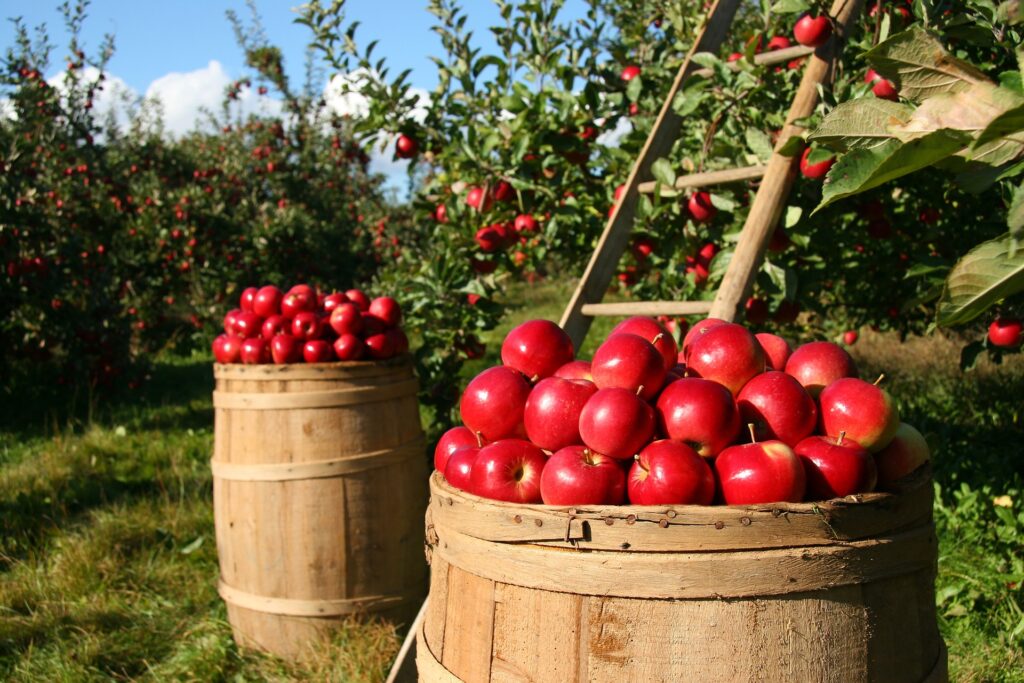
2. Taste
There’s no doubt that fruit and veg taste fresher and more delicious when they are grown in season.
This is largely due to the fact that seasonal produce is cultivated in optimal conditions, fruits naturally without ripening agents and reaches the consumer faster because they do not have to travel as far.
By reducing the harvest and export time of crops, there is a decreased chance of them spoiling and going past their best.
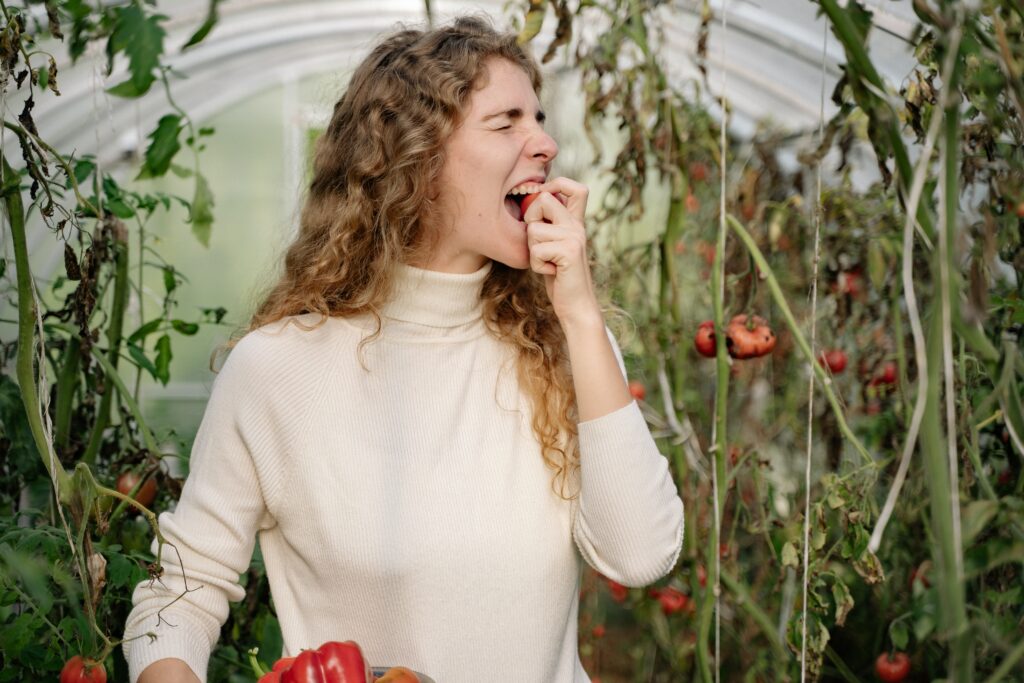
3. Environment
As we continue to live in the shadow of climate change, sustainability and an awareness of the environment need to be at the heart of our food production and consumption.
Home-grown on British soil, our seasonal produce has a vastly smaller carbon footprint than fruit and vegetables that are imported from across the world.
Decreasing the travel time of crops is also beneficial to their nutritional value, overall quality and freshness, all of which are unsurprisingly impacted after being shipped across thousands of miles.
Moreover, seasonal eating improves the quality of land we use to farm on as well as boosting the biodiversity present in agricultural areas through crop rotation and the cultivation of more than one plant.
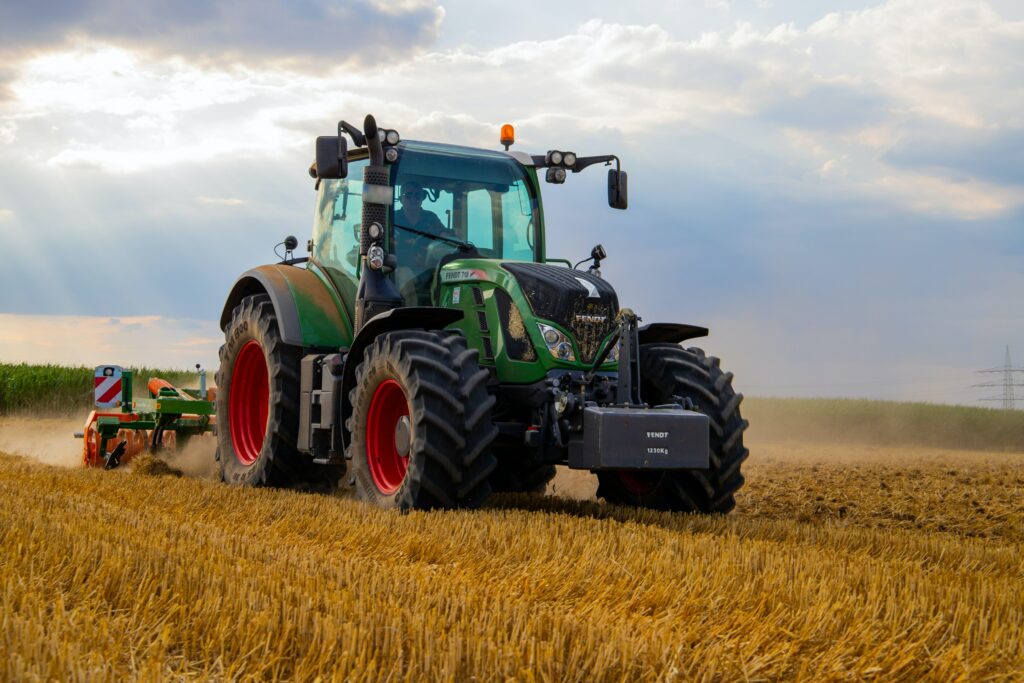
4. Cost
When in season, crops are plentiful.
With such an abundance of produce, growers, farmers and retailers are subsequently able to lower the costs – something you should be taking advantage of.
It cannot be stressed enough how valuable seasonal grub is where money is concerned, especially amid the cost of living crisis.
In addition, make sure you do not ignore the loose fruits and vegetables which supermarkets have to offer – they are often cheaper and cut out the use of needless plastic waste altogether!
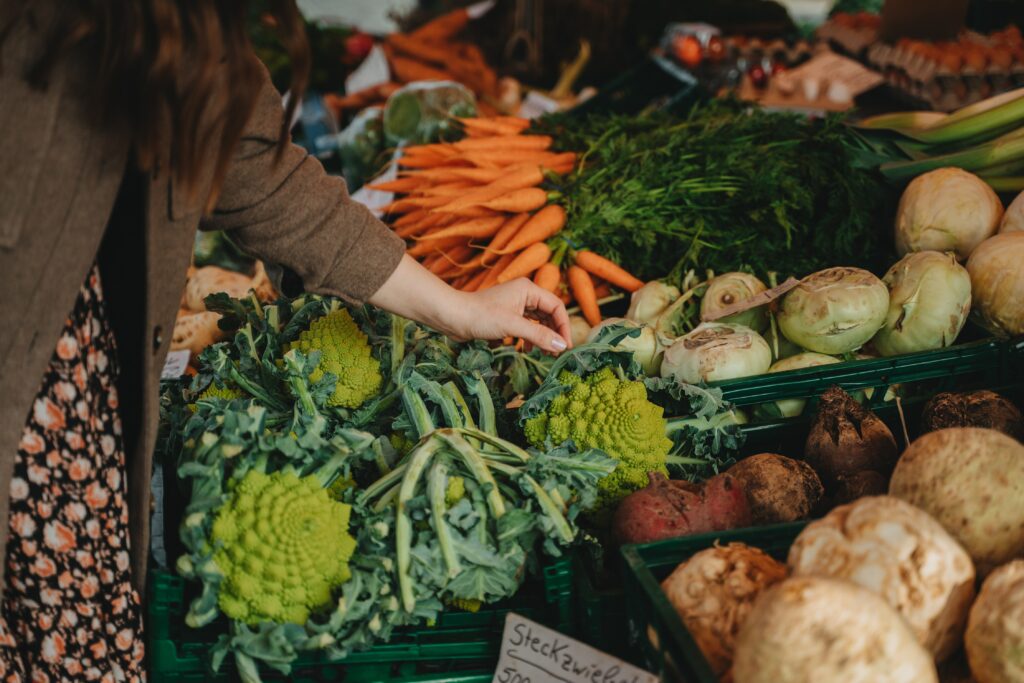
5. Health
Getting into the habit of consuming seasonal produce is a great habit, not just for the health of the environment, but for your health too.
Firstly, the nutritional value of crops grown in season is far superior to the limp excuse of crops you find lurking in your winter supermarket basket.
Optimal growing conditions and the freshness of produce is essential for helping the fruit or veggie to retain its goodness.
How can you expect them to deliver when they’ve been cooped up for days inside a shipping container?
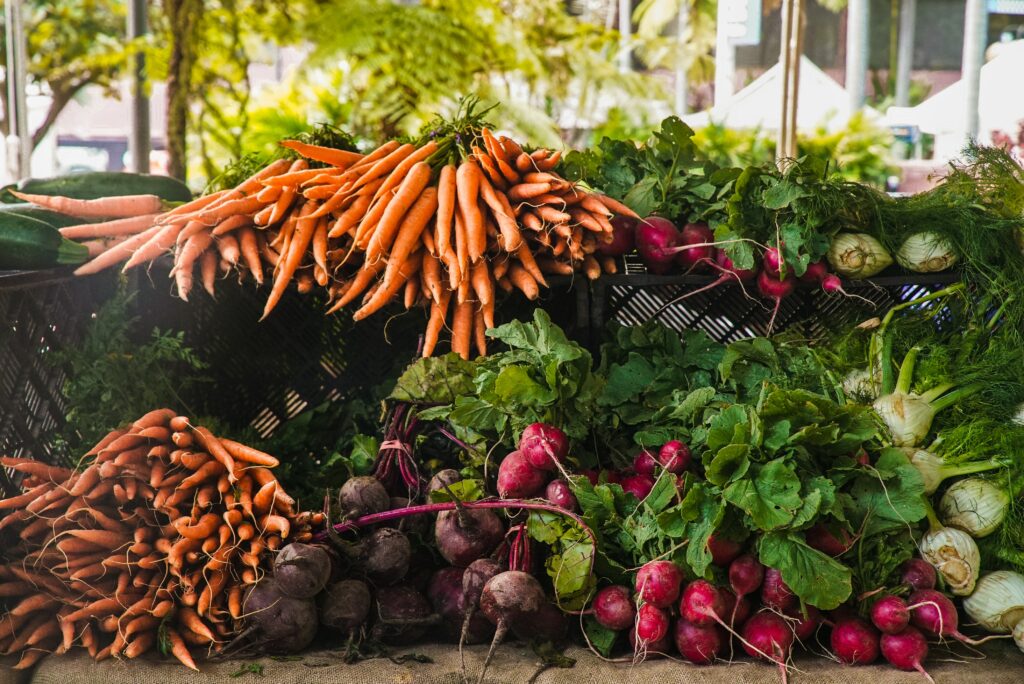
6. Local economy
It is indefinitely your seasonal produce from local grocers is an important step to consider.
Whilst it is still a positive move to grab your fruits and vegetables from supermarkets, there is no denying they swallow an enormous amount of profit and are extremely damaging to independent sellers.
Seasonal produce sold by local green grocers and markets definitely doesn’t lose out on flavour, price or quality either.
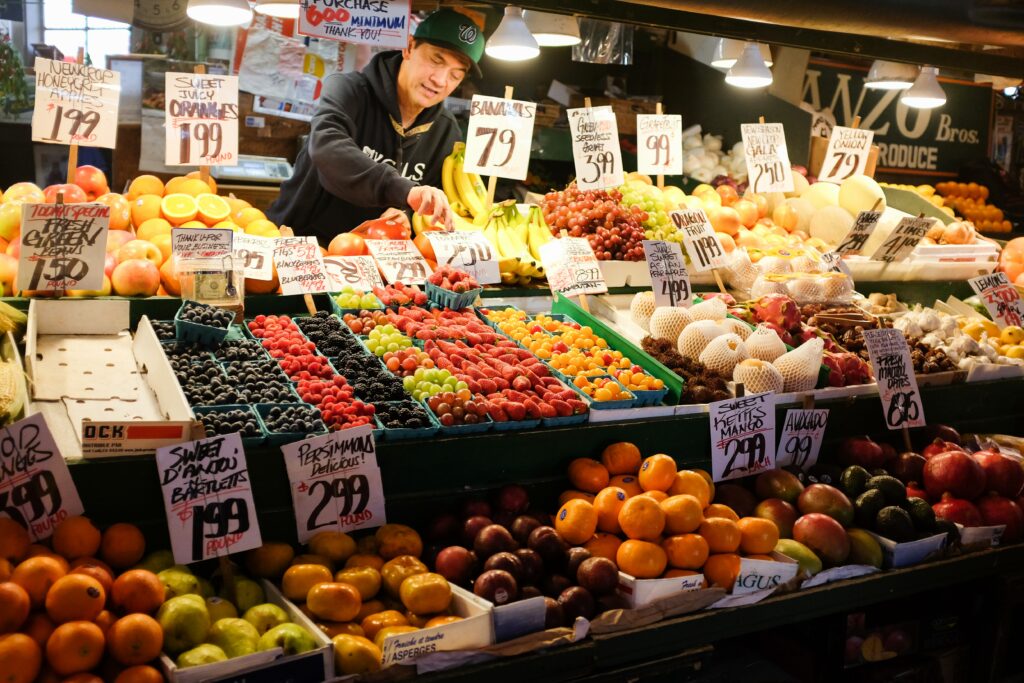
How to find out when produce is in season?
There are many fabulous guides online which illustrate when different varieties of produce come into season.
A good place to begin is The Countryside Charity and BBC Good Food, both of which demonstrate the ideal months to grow individual crops in.
So what are you waiting for? Now is the time to get stuck in!
